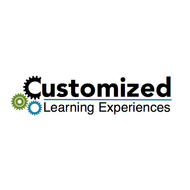A Secret Route
(View Complete Item Description)In this seminar you will learn about the Underground Railroad, a dangerous route that slaves took to escape to the north. After completing the activities, you will understand what the Underground Railroad was and how it is was used. You will explain the challenges that people faced while traveling on the Underground Railroad and use the complex reasoning skill of constructing support.Standards5.1.5.CDescribe the principles and ideals shaping local, state and national government.
Material Type: Lesson Plan




















